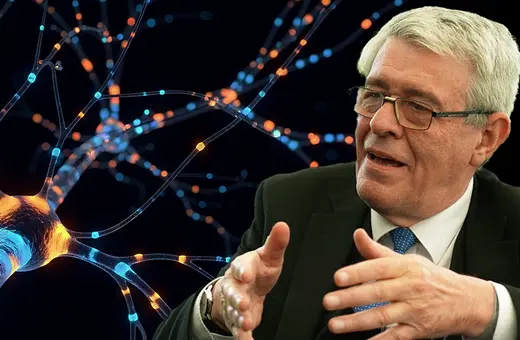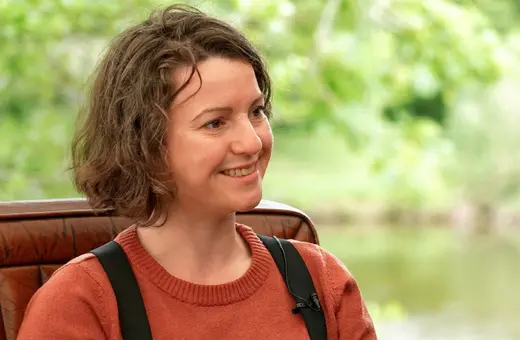My wife was recently telling some mutual friends an amusing anecdote about the time she was changing our then-baby son’s nappy in the toilet of a busy café, only for him to urinate all over the groin region of her trousers, meaning she had to return to the crowded eating area displaying a deeply suspicious stain. Big laughs all round.
It is a very amusing story, in fairness. There’s just one slight problem with it; it never happened. Not to her, at least. It happened to me. I pointed this out, and she was genuinely shocked, and baffled as to how one of my memories could end up in her head. I suggested that it may be because she has many memories of hearing me tell that story multiple times over the years, and also has many memories of changing that specific baby in public places, so it wouldn’t require much effort for her brain to merge the two and create something effectively new. A ‘false memory’, if you like.
You marry a neuroscientist, and this is the sort of thing that’ll happen.
But this is just one example of how flexible human memory is. And that’s when someone isn’t actively trying to distort your memories and understanding. Should we be worried? Are we all prone to, and riddled with, false memories? How much of what we think we remember genuinely happened?
To answer this, consider the following; the term false memories logically implies the existence of ‘true’ memories. Where false memories recall things that definitely didn’t happen, true memories would be reliable and accurate memories of things that did. A straightforward binary distinction. Sadly, the way our brain handles and stores memories is far more complex, and far less logical, than you would hope.
___
"Sadly, the way our brain handles and stores memories is far more complex, and far less logical, than you would hope."
___
Human memory is not like electronic data on a hard drive, or words chiselled onto stone tablets. Information is stored in the brain via the creation and activity of synapses; the connections between two separate neurons – i.e. brain cells. But cells are not static, they’re alive, and in a constant state of flux, a sort of quasi-stable equilibrium. They respond to stimulation and activity, and adapt accordingly. Because human memory is based on the activity of and between cells, it too becomes plastic and flexible. Partially this is due to the brain ‘recreating’ memories in our recall, building on the more basic information held in the synapses, like someone guessing a crossword answer from the clue and the few letters present. This process has numerous interesting consequences.
For instance, it’s common when telling a story about an amusing event that happened to you, to embellish and exaggerate elements of it for comic effect. That’s very good when regaling your friends at a social gathering, but doing so causes new memories of these embellishments, which are overlaid on top of the original memory.
Ideally it would mean you separately remember the bonus elements you added to the event next time you want to regale others about it, but the human brain is a thrifty organ and generally can’t afford to be so meticulous about how it stores information. It’s incredibly complex, but as a rule of thumb, important information is prioritised over unimportant, or less important sorts.



















Join the conversation